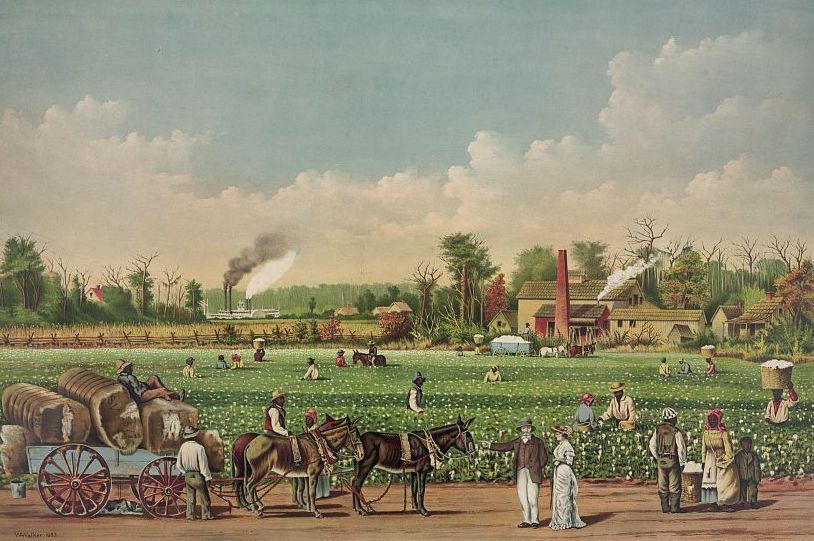An essay from boundary 2 online:
What comes to mind when a writer says that he means to comment upon “the South”? Anyone sitting in North America is likely to hear that term, if not further specified, as referring to the southern United States, what we might for now call “Alabama etcetera,” though this is hardly the phrase’s only possible designatum. The other region now routinely denominated “the South”—the other region, I mean, that routinely earns that otherwise ungrammatical capital S—isn’t actually a region at all, but a name for what used to be called “the Third World” or “the developing countries” or “the colonies”: the Global South. The American South, the Global South—as soon as one sees those two terms in the same paragraph, questions start humming. Why does the former Third World bear the same name as Georgia and the Carolinas? Do these have anything to do with one another, conceptually or concretely? Do our perceptions of one bleed into our perceptions of the other? In what sense are they all southern? What are we attributing to a region when we call it southern? Is there such a thing as southness?
With these questions in front of us, I’d like to state a few propositions forthrightly—propositions, in the first instance, about the US South, which might or might not open up to include the global South, too. There are two propositions that I suspect I can get a person to agree with directly, without coaxing, and then a third that will in all likelihood require further elaboration and reflection. I’m going to share a few observations about “the South,” but with the proviso that I mean the phrase and not the place. What I’m wondering is what it means to call some expanse of territory “the South.”
What I need us to see first is that the word “South” is, in the US context and probably most others besides, entirely optional. You might imagine yourself reading these words in Tennessee somewhere, west of the Appalachians. We often refer to that patch of the planet as “the South,” but we could and do call it other things. A person might for instance, feel a certain attachment to the region marked out in burnt orange here…

